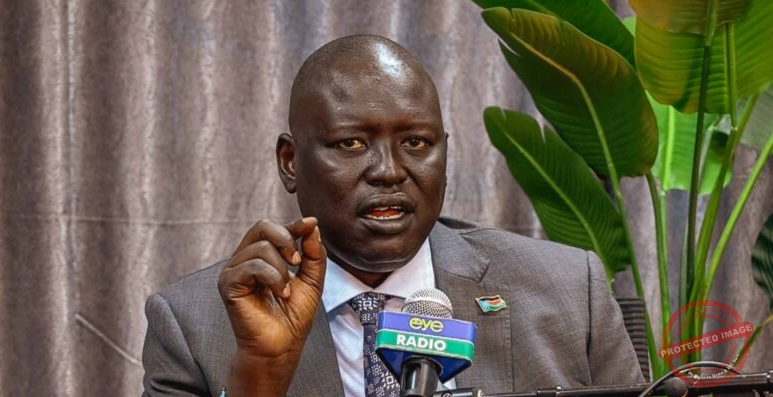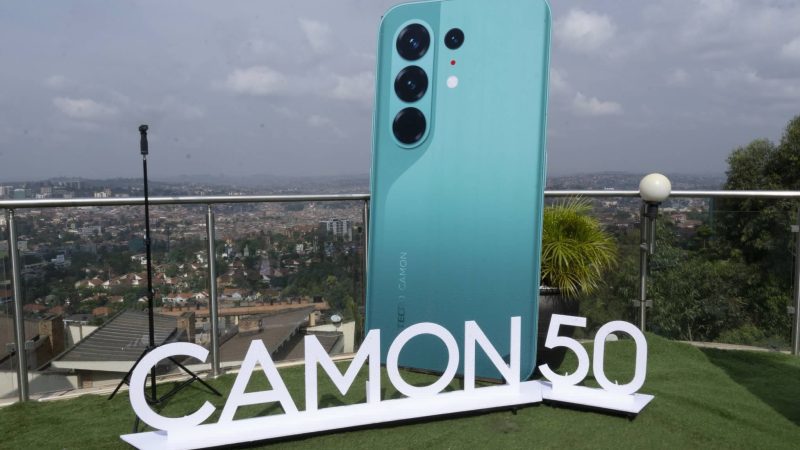Uganda’s telecom companies have invested heavily in infrastructure services to boost internet access but the low users have limited their ability to lower internet costs for their customers including the Small and Medium Enterprises.
Enid Edroma, the general manager, Corporate Affairs at MTN Uganda says only about 35% of their customers are using smartphones.
“We are also using only five percent of our underground internet cables yet the operational costs remain the same,” she said.
Edroma says an increase in internet users will drive down the price of the internet and consequently stimulate digital activities that are now rekindling hope for SMEs.
Currently, Uganda’s internet penetration stands at merely 29.4% compared to Tanzania’s 38% and Kenya’s 53%.
But the government has been reluctant to review tax policies to stir up internet access.
For instance, the government charges a VAT of 18%, an excise duty of 12% on new imported mobile phones as well as other taxes on the internet, a move industry experts say has slowed down access to internet-enabled devices especially smartphones which would have ideally increased internet access and driven down internet costs.
This comes two months since Members of Parliament urged telecommunication service providers to adopt friendlier data and voice bundles.
“Uganda Communications Commission should also enhance engagements with the telecommunication operators to develop and provide a broad range of bundles that will encourage customers to access the internet and call subscriptions,” Moses Magogo, the chairperson of the Committee on ICT and National Guidance told Parliament.
State Minister for Information and Communication Technologies, Joyce Nabbosa Ssebugwawo, said during the Fintech Landscape Exhibition recently that the government is working with partners to achieve seamless internet connectivity that will drive down the cost of internet.
“We are working with partners towards seamless internet connectivity and affordability of internet data,” she said, adding that affordable internet has partly been achieved even as more still needs to be done.
Meanwhile, telecom companies such as MTN Uganda have partnered with Original End Manufacturers (OEMs) and smartphone dealers to subsidize the cost of low-end smartphones that can be used to attract first-time users into the data market.
In April this year, the telecom company partnered with itel, a leading mobile phone brand to provide budget-friendly high-quality entry-level devices to accelerate smartphone penetration. Under the arrangement, MTN Uganda provides a free 3GB monthly data bundle for Itel devices that latch onto the MTN network, for three months. In addition, all the devices enjoy a 100% data bonus on every data bundle purchased for the first 3 months on the MTN network.
Last June, MTN Uganda unveiled the Kabode Supa smartphone under its pay Mpola Mpola device financing scheme that allows customers to buy smartphones but pay for the handset in installments. With an initial deposit of UGX 99,000, a customer can walk away with the Kabode Supa smartphone and make monthly, weekly, and daily installments as low as UGX 833 for 6 months to fully own the device. The telecoms company also partnered with M-KOPA to further spur digital inclusion through availing high-quality smartphones which customers can pay for in affordable installments.
However, industry experts say in order to support telecommunications industry initiatives and make internet services more accessible and affordable to customers, the government needs to take some appropriate steps.
These include; a reduction in import duties on smartphones to lower overall prices for prospective customers, especially those in the rural areas as well as assign more spectrum to telecom companies to support a new technology that would easily translate into a reduction of cost in operations and prices.











